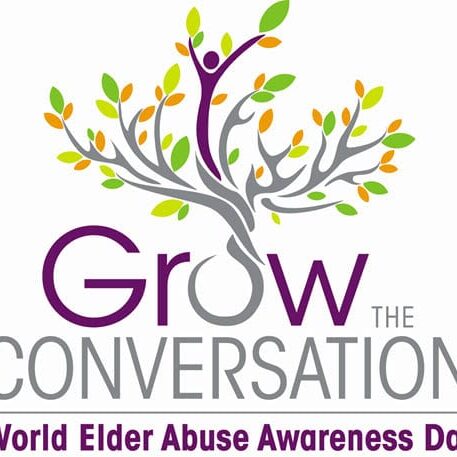
World Elder Abuse Awareness Day 2025
Did you know that about 1 in 10 older adults will experience elder abuse at some point in their lives? And those are just the cases that we know about! A study out of New … Continue Reading

Health & Wellness Resources in Washtenaw County
This year National Senior Health and Fitness Day falls on May 28th. It’s the perfect time to focus on your health and well-being, whether you’re a senior or a caregiver looking to support someone in … Continue Reading

Sun Safety for Seniors
Can you feel it? Although it’s officially been spring in Michigan since March 20, it’s finally starting to actually feel like spring! After a long winter it’s natural to want to get out and enjoy … Continue Reading

Spotlight: Disability Network of Washtenaw Monroe Livingston
On May 15th, we celebrate Global Accessibility Awareness Day (GAAD), a day dedicated to raising awareness about the importance of digital access and inclusion. With more than 1 in 4 adults reporting living with a … Continue Reading

Special Blog Post: Introducing Seniors for Healthy Choices
Catholic Charities Washtenaw County is excited to introduce Seniors for Healthy Choices, a new six-week program that celebrates healthy aging and educates older adults on a variety of topics, including medication management, understanding the biological … Continue Reading


